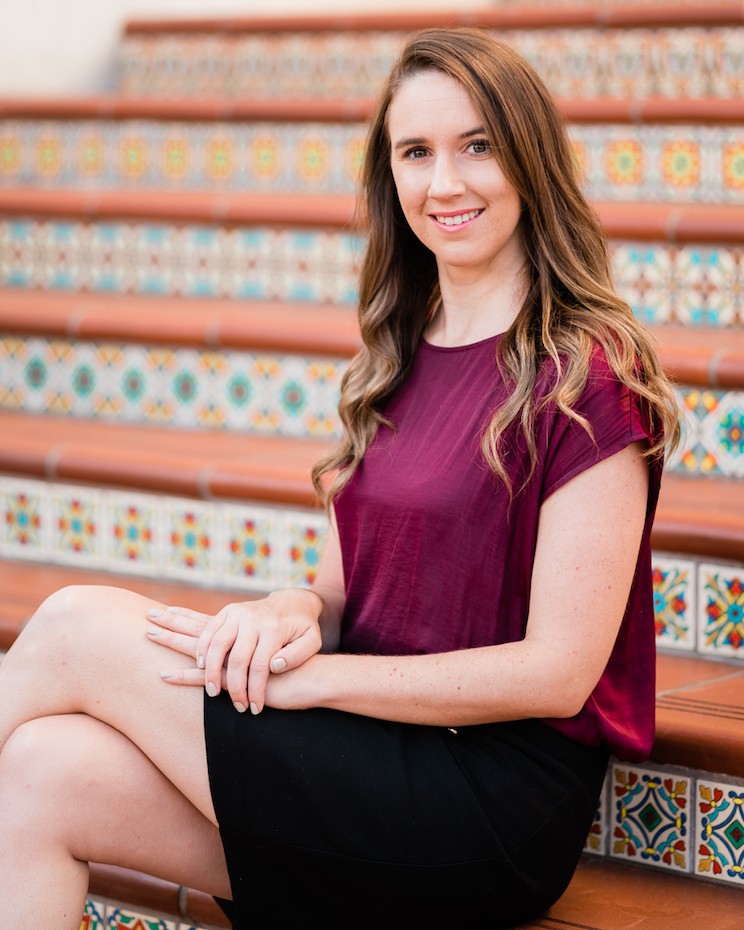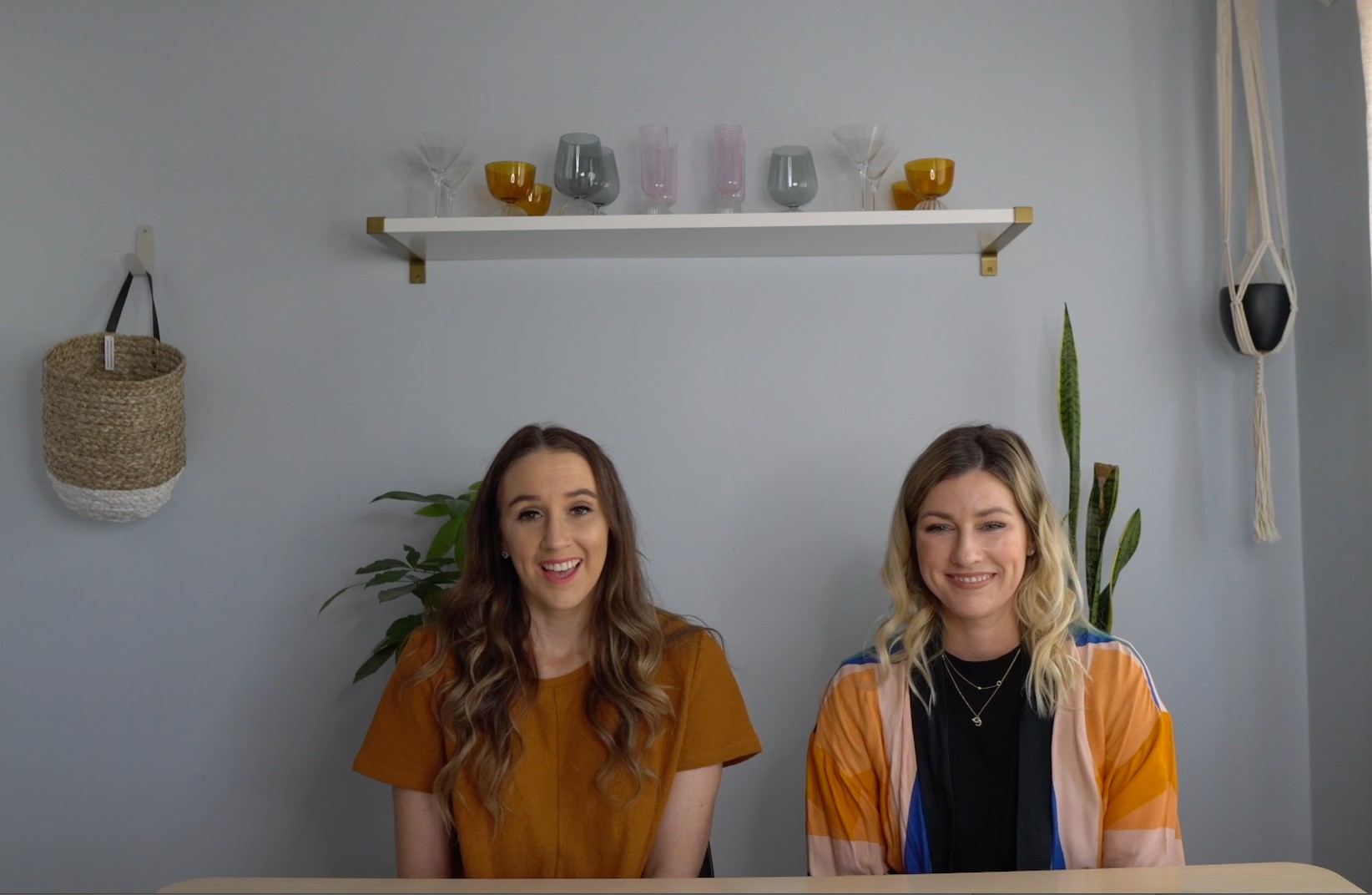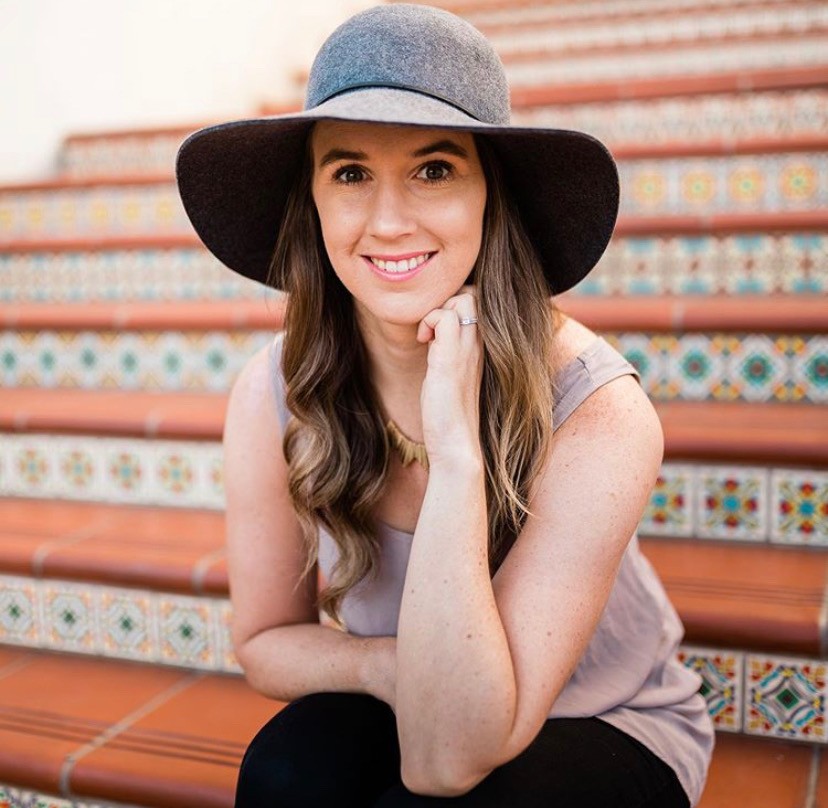
Today we’d like to introduce you to Megan Johnson.
Hi Megan, it’s an honor to have you on the platform. Thanks for taking the time to share your story with us – to start maybe you can share some of your backstory with our readers?
Since early on in college, I knew I wanted to be a psychologist. When I went to college, I was initially an art history major. I love the way that art tells the story of the time in which it was created and both creates and comments upon culture. I explored careers in art history though and realized it wasn’t for me, but that I could keep art history as a personal passion without necessarily making it my career. When I began exploring other careers, I started thinking through what I was passionate about and what I could see myself doing for a career. I have several members with severe and life-altering mental illnesses so from a young age, grew up with an awareness of mental health issues and their impact on families. I realized that I had a special place in my heart for and ability to connect with people who struggled with their mental health. So I switched my major to psychology and began taking psychology courses and working in psychology research labs at my university. To say I fell in love with the subject was an understatement!
When I got to graduate school, I knew I wanted to learn all about the brain and mental health and work with people to help them find healing. But I didn’t necessarily have a clear idea of what I thought this would look like. One of the amazing things about the graduate program I did was that we were exposed to a wide variety of settings within the mental health field. As I went through various clinical placements, I started finding myself drawn more and more to trauma work. I began by doing research and clinical work with Iraq and Afghanistan war veterans and walking them through recovery and transitioning back to civilian life. I began to envision myself working on the front lines in a hospital setting, and for most of my career so far, that is what I have done. And it has been such meaningful work!
But the more I worked with trauma survivors, the more I realized how pervasive trauma is. So many people have encountered trauma in their day to day lives and a lot of people don’t even realize it. This started me on a journey toward trauma education in addition to trauma therapy. I had a friend and dear colleague, Dr. Quincee Gideon, who was in solo private practice and when we realized how much our passions aligned, we joined forces. Since 2017, we have been in private practice together offering specialized trauma treatment in Santa Monica.
Where things really shifted for us was during the pandemic. We quickly transitioned our entire practice to telehealth, which was great for both us and our clients. However, we were getting so many referrals because during the early months of 2020, so many people were realizing how much they needed mental health support. There were also a lot of people who could not afford mental health treatment because of the financial impact of the pandemic. So Quincee and I put our heads together and developed Traumastery in the summer of 2020. Traumastery is a virtual education platform that is to designed to education people about trauma and support them in their recovery. We have individual and group courses on a variety of mental health topics related to trauma, including PTSD, codependency, attachment theory, relationships, and religious trauma. Our main focus is educating trauma survivors about their brains and the healing process, but we also instruct the loved ones of trauma survivors and teachers, medical professionals, pastors, and other professionals on a trauma-informed approach. Since partnering up in 2017, we have expanded our therapy practice and educational platform to include four more trauma therapists and taught hundreds of students.
Alright, so let’s dig a little deeper into the story – has it been an easy path overall and if not, what were the challenges you’ve had to overcome?
It has been a very windy road – as most journeys in mental health are. The thing about being a mental health care provider that a lot of people don’t realize is that is how much the job involves the whole person of the therapist. There is no compartmentalization when your role involves getting into the trenches with clients and empathizing with their experiences. It takes a lot of self-care and works on the part of therapist to prevent burnout and vicarious traumatization. It has also been hard to establish a business and a movement during a pandemic. I strongly believe that the expertise we have in trauma is so beneficial to this generation and the things we have lived through collectively, but I am also living through and surviving the hardships of the last two years myself.
Additionally, throughout the pandemic I have continued to work on staff at a local hospital. I have remained a frontline worker seeing clients in the hospital while also trying to survive, reach hurting people, and build a business. While this hasn’t pulled me in several different directions over the last two years, having something outside of my work at the hospital has been a great outlet.
Can you tell our readers more about what you do and what you think sets you apart from others?
I am a licensed psychology and trauma therapist and educator. I specialize in helping people understand the impact of trauma on their lives and to heal and grow in the aftermath of life-altering events. I work with clients both individually and in group therapy, as well as provide trauma education and coaching online and in my community. I am known for taking the complicated brain science behind mental health conditions that result from trauma and making the information digestible and relatable. My goal when I go to work today is to make life suck a little less for every person I come into contact with. I am most proud of the thousands of people I have had the privilege of walking alongside in their trauma recovery journeys.
What do you like and dislike about the city?
I love the diversity of Los Angeles. There are so many people from so many different walks of life here and I find it to be a beautiful mosaic. The I like the least about LA is the traffic!
Contact Info:
- Email: [email protected]
- Website: https://traumastery.com/
- Instagram: https://www.instagram.com/drmeganjohnson/
- Facebook: https://www.facebook.com/groups/732316304176841
- Other: https://woventraumatherapy.com/















